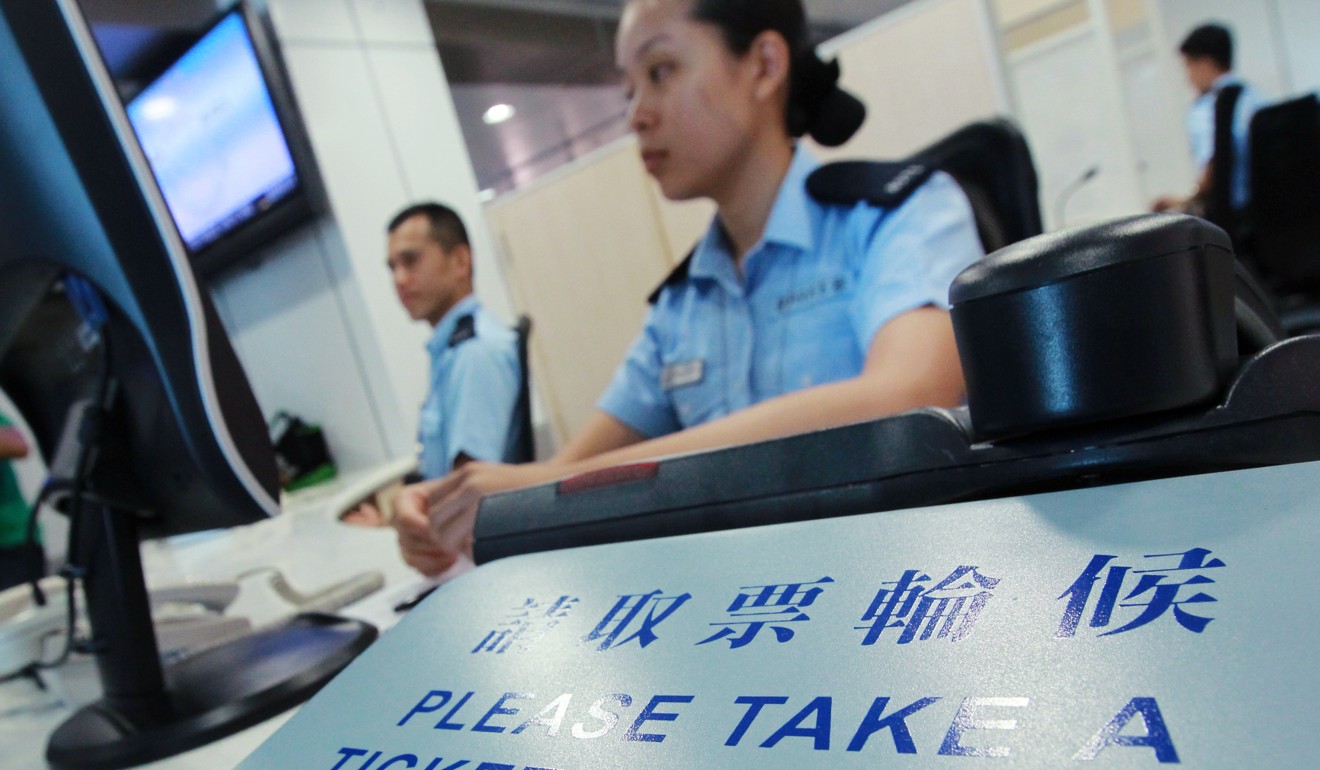
Update | Equity firm that bought 17 shopping centres from Link Reit falls victim to HK$39 million email scam
Scam is the biggest case involving a local company this year, say police sources
A private equity fund company involved in the largest sale of shopping centres in Hong Kong has become the city’s biggest victim of email fraud after being duped out of HK$39 million (US$5 million).
The scam came to light when the 31-year-old manager of Gaw Capital Partners in Yee Wo Street, Causeway Bay made a report to police on Tuesday.
“An investigation showed the fraudster – posing as a client – sent a deceptive email to the company last Thursday, requiring the firm to withdraw US$5 million from her account and transfer the amount to a local bank account,” a police source said.
The company realised it was a scam when the genuine client contacted the company. An employee then made a report to police at about 11.15am.
The Post understands the client usually contacted the company and made financial investments by email.
A Gaw Capital spokeswoman said the bank account in question was frozen, which protected most of the money involved.
“At this point, we cannot talk about too much details as the investigation is in the hands of police. But luckily, we managed to retrieve most of the money,” she said.
She said the company was in the process of stepping up internal security with a high-tech solution – adding “a voice lock’ to the authentication of authorised signature.
Hong Kong’s new police anti-fraud squad freezes HK$99 million in scammers’ accounts in just five months
The police source said it was the biggest case involving a local company this year.
Detectives from Wan Chai police station are handling the case. So far, no one has been arrested.
The latest figures showed the force handled 568 commercial email fraud cases involving losses of HK$755 million in the first 10 months of 2017. This year’s biggest case involved an overseas company cheated out of HK$54 million.

That compares with 726 cases in the same period last year, with total losses of nearly HK$1.55 billion. One international corporation in Europe was duped out of HK$500 million.
About 60 per cent of this year’s cases, with losses totalling more than HK$550 million, involved overseas companies. Local police were involved because the swindled money was transferred into bank accounts in the city.
The Post reported last month that underground mainland banks were helping international fraudsters set up accounts in Hong Kong to launder hundreds of millions of dollars from commercial email scams.
Malaysia-based romance scammers who duped Hongkongers out of HK$30 million arrested
Fraudsters typically hack into the email accounts of targeted companies and businesspeople to learn about their businesses, before using the information to impersonate their business partners, clients or senior executives and eventually order money transfers.
They instruct victims, who think they are dealing with their business partners, clients or senior executives, to send payments or make transfers to their designated accounts.
Another source said some of the emails used to cheat victims were sent from mainland China, Europe and Africa but that did not mean their operations were in those countries.
“Money lost in scams was usually transferred into different accounts in Hong Kong and then moved out of the city within hours after being deposited in the scammers’ designated accounts,” he said.
He called on people to confirm the true identities of recipients or the genuineness of requests by telephone, fax or other means before sending money.
According to official statistics, police handled 5,879 reports of deception in the first 10 months of this year, down 2.7 per cent compared with the figure of 6,044 in the same period last year.

